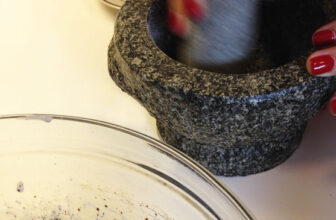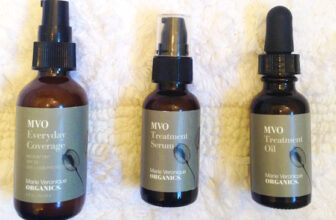
If you don’t take care of yourself, all the stress-relieving activities in the world are pointless. If you don’t get enough sleep, meditation won’t help you at all. Because your body isn’t getting the sleep it needs when you try to meditate, you might end up falling asleep.
Similarly, going to the gym on occasion won’t do much to relieve stress if you aren’t consistently providing your body with nutritious, healthy foods. To be effective, any activity to relieve stress must first satisfy your fundamental needs.
We will examine a few of the various types of personal care and discuss the importance of each one in this article. Additionally, we will investigate your options for developing your care plan.
How does self-care work?
“A multifaceted, multifaceted process of intentionally engaging in strategies that promote healthy functioning and enhance health,” according to the definition of self-care. And mental health.
- There are many types of personal care. Get a good night’s sleep or get some fresh air by going outside for a few minutes.
- Self-care is essential for building resilience against unavoidable life stressors. You will be ready to live your best life if you take care of your mind and body.
Many people consider personal care to be a luxury rather than a necessity. Therefore, they feel overwhelmed, exhausted, and unprepared to face life’s challenges.
To ensure that you are taking care of your mind, body, and spirit, it is essential to evaluate how you are taking care of yourself in several different areas.
Diverse forms of self-care are more than just finding ways to unwind. It involves taking care of yourself spiritually, mentally, physically, and emotionally. It is essential to preserve one’s health and health to strike a balance that allows one to adapt to each of these situations. To restore equilibrium or alleviate life stressors, additional self-care may be required in certain areas.
1. Care for your body:
Take care of your body if you want to move your body effectively. Keep in mind that the mind and body have a strong connection. Better mental and physical health comes from taking care of your body.
How you eat, how much you sleep, how much you move, and how well you take care of your physical needs are all aspects of physical self-care. Good physical self-care includes attending appointments, taking your prescribed medications, and taking care of your health.
2. Social self-care:
Self-care relies heavily on socialization. However, when life gets busy, it’s easy to neglect relationships and it’s hard to make time for friends.
Your health depends on close relationships. Investing time and effort into developing relationships with other people is the most effective strategy for developing and maintaining close relationships.
There is no set amount of time you should spend enhancing your relationships or hanging out with your friends. Social needs vary slightly between people. The key is planning enough time for your social life and knowing what your social needs are.
3. Care for one’s mind:
Your mental health is greatly influenced by how you think and what you think.
Mental exercises like solving puzzles and learning about subjects that interest you are examples of mental self-care. Reading books or watching movies can give your ideas.
Helping you keep your mental health in check is another part of mental self-care. For instance, cultivating feelings of self-compassion and acceptance can assist you in maintaining positive self-talk.
4. Self-care for the soul:
To deal with unpleasant feelings like anger, anxiety, and sadness, it’s important to have healthy coping skills. Activities that assist you in regularly and safely recognizing and expressing your feelings can be part of emotional self-care.
It is essential to incorporate emotional self-care into your life, whether you talk about how you’re feeling to your partner or close friends or set aside time for leisure activities that help you process your emotions.
Why is self-care so crucial?
Many important health benefits have been demonstrated by having an effective self-care routine. Among them are:
Improving resilience, reducing stress, improving health, reducing exhaustion, strengthening interpersonal relationships, and reducing anxiety and depression are just a few of the health benefits of some personal care practices. A longer lifespan is linked to exercise, a sense of purpose in life, and adequate sleep.
Conclusion:
The kind of personal care you need mostly depends on what you must do every day. Physical self-care may need to be emphasized in self-care plans for busy college students who are constantly mentally stimulated and have busy social lives. To ensure that you are being cared for, you may need to include more social and personal care in your schedule.
There is no one-size-fits-all approach to self-care. Your needs and current life should be taken into consideration when developing your care plan. The objective is to take steps every day to ensure that you have the resources you need to deal with the stresses and difficulties of daily life.






